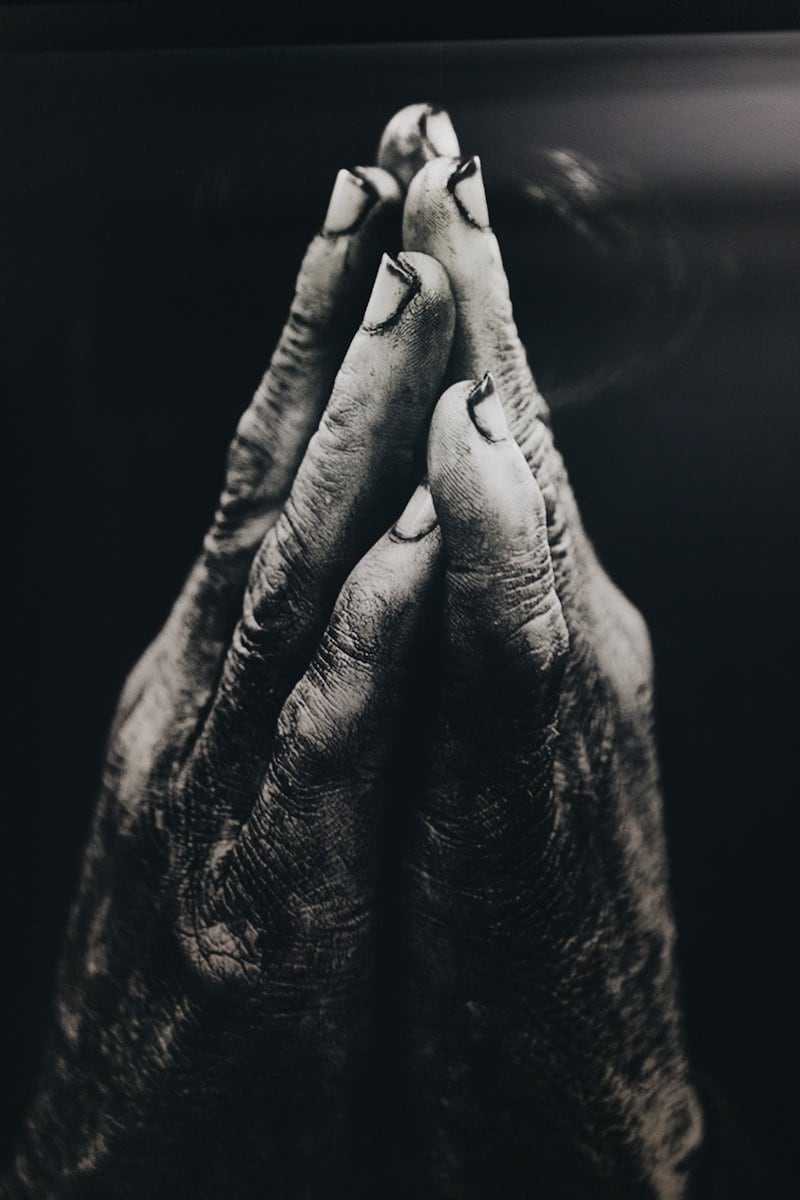European Christians and Jews both share the idea that the sins of the community can be paid for by another being – for Christians it is Jesus who died for our sins. In English we call it ‘scapegoating’ when a community blames someone else and they suffer in our place.
This concept first appears in Leviticus 6 verses 5-10 which outline the Jewish ritual which takes place on Yom Kippur, the Day of Atonement, where the slaughter of a bull and two male goats would take place. One goat is sacrificed for the Lord and the other goat, the ‘scapegoat’ which has the sins of the community symbolically placed upon it is designated for Azazel – the rock where the goat was thrown to its death.
When the Hebrew Bible was translated into English by the Protestant William Tyndale in 1530, the second goat bearing the community’s sins was understood to have simply gone free – to have escaped. Tyndale named this goat the ‘escape goat’ which evolved into the word ‘scapegoat’.
Another version of this habit of letting someone else take the blame and suffering for our errors is evident in the phrase ‘whipping boy’, whereby a royal prince could not be whipped by his tutor, but another boy, a friend of the prince, would be whipped instead when the prince misbehaved.
Despite our Christian upbringing, the idea of someone else taking on our sins and suffering on our behalf seems instinctively wrong to most of us. We expect the guilty to suffer for their wrongdoing rather than the innocent, but sadly, in the real world this is not always the case.
The biggest communal guilt that haunts Europe is the Holocaust, where 12 million people, homosexuals, socialists, disabled people, the Roma and especially the Jews were sent to die in the Nazi concentration camps. It would be reassuring to believe that those guilty of genocide against these peoples were punished but many escaped. The Nuremberg trial sentenced 37 Nazis to death, but this is a tiny proportion of the many thousands of guilty people, not all of whom were Nazis.
The fact that we have been unable or unwilling to punish those Europeans who committed genocide during WW2 still haunts Europe and distorts our thinking. When European or Russian Jews sought to set up their own country, we supported them, even when they killed or displaced the Semitic people who already lived in Palestine. We made an effort to encourage peace, but letting the victims of Nazi concentration camps leave Europe for Palestine helped to unload our guilt.
Today, as we see children murdered each night by Israeli missiles in Palestine, we feel uncomfortable. Had we truly learned the lesson of the Holocaust, we would take firm action now, but having a ‘scapegoat’ allows us to avoid blame. We do not want to blame ourselves and because we cannot criticise the pale-skinned European Jews who moved to Palestine to escape our crimes, we need to blame someone else. We feel much less affinity with the brown skinned people, with unfamiliar names like Rim al-Kilani, Ghaidaa Siyam, Siraj Abu Jame, or Suhelah Abu Jame who live in Palestine, so they make much better scapegoats.
If only they would stop fighting back when attacked, if they would stop believing they have a right to defend themselves from settler aggression, if they would just settle down, then we could put our guilt away, until the next outbreak of violence in 10 years.

Arnold is a retired teacher from Belfast.
Discover more from Slugger O'Toole
Subscribe to get the latest posts to your email.
